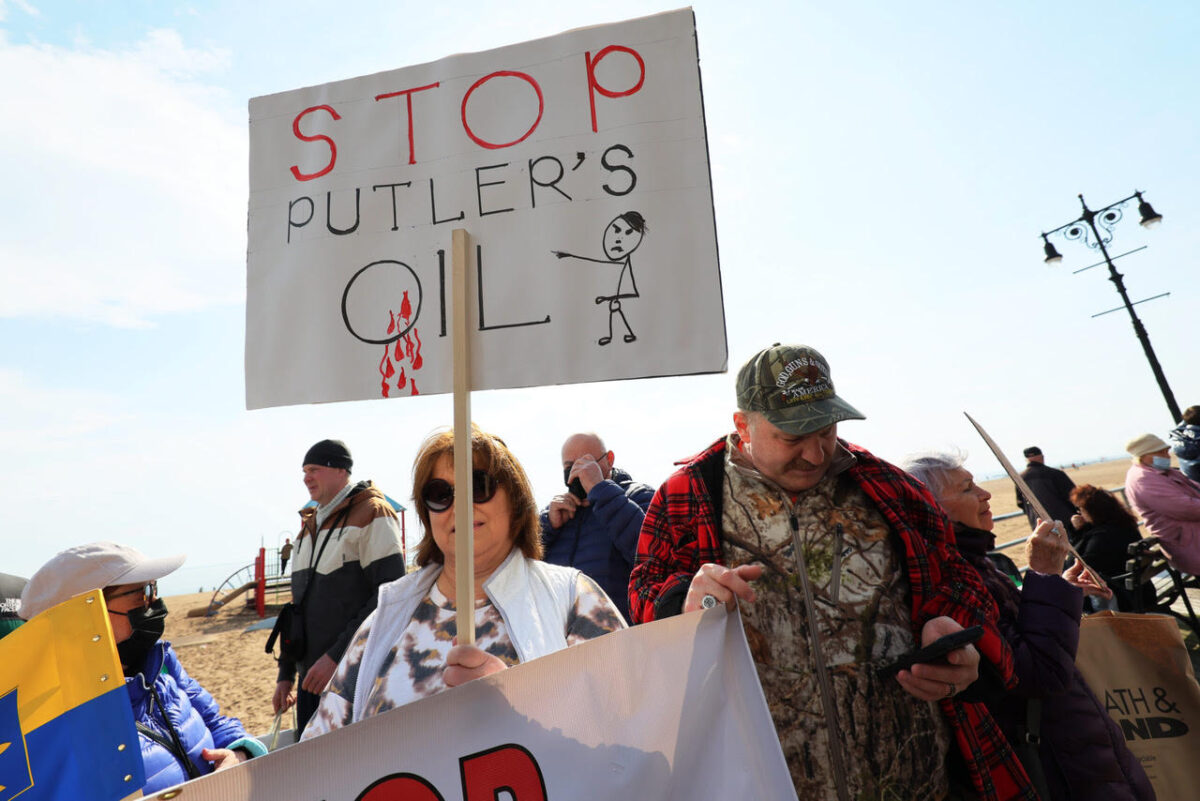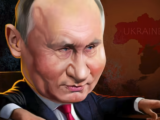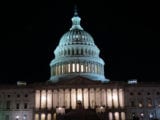Staff Report –
WASHINGTON, D.C. — Nearly all Americans are highly concerned about inflation and especially the rising price of gas, but about half of voters in the United States now support blocking further imports of oil from Russia due to its invasion of Ukraine even if that means higher gas prices at the pump, according to the latest poll on the subject from Morning Consult.
Inflation is biting just about everyone in the United States, according to public opinion research, which shows that 96 percent of voters say they are at least somewhat concerned about rising prices. Gas prices in particular have reached historic levels, with a barrel of crude oil reaching 13-year highs of over $130. The average gas price hit $4.17 per gallon this week, and 93 percent of voters say they are at least somewhat concerned about rising fuel costs, especially since Russia invaded Ukraine and caused disruptions in the market.
Nonetheless, 49 percent of voters say the government should impose sanctions on Russian oil exports even if it causes gas prices to rise, while 28 percent back that course of action only if it doesn’t lead to higher prices.
Only 7 percent say they oppose oil sanctions entirely.
Forty-seven percent of voters also view the protection of Ukraine as an American responsibility — an increase of 7 percentage points since the war started — and 70 percent agree that the U.S. has an obligation to help Ukrainian refugees.
“Wars make strange bedfellows indeed, with skyrocketing oil prices leading Washington to reach out to Russian ally Venezuela about the possibility of lifting oil sanctions to bring its petroleum supplies back on global markets, and rumored plans to lobby for more oil from Saudi Arabia,” the Morning Consult analysts say.
Russia’s oil exports have so far been exempted from Western sanctions. But as Moscow’s forces continue to target civilian areas, including shelling of civilian convoys that were promised safe passage, it now may just be a matter of time, they say.
U.S. President Joe Biden and his counterparts from France, Germany and Britain met via video on Monday and “affirmed their determination to continue raising the costs on Russia,” according to a White House readout, then the time came on Tuesday morning, when President Biden announced the sanctions on the importation of Russian oil.
German Chancellor Olaf Scholz has so far demurred on the idea of oil embargoes, although he did block access to a new pipeline from Russia.
There now appears to be a bipartisan push in Congress to pass legislation blocking all Russian and Belarusian imports as well.
Concerns about Western decadence preventing Americans from making sacrifices to defend democracy are unfounded, according to the data.
In fact, Americans are the least antipathetic toward Russia among the populations of major U.S. allies in Europe and Asia: The United States was the only country where fewer than three-fourths of adults had an unfavorable view of Russia — and the only country besides Italy where more than 1 in 10 adults have a favorable view.
The possibility of conflict between NATO and Russia and the U.S. being dragged into the war now concerns 84 percent of American voters, and 69 percent are concerned for the safety of themselves and their families.
Half of voters say the U.S. government is either doing the right amount to deal with the crisis, 38 percent, or too much, 12 percent, while another third said more needs to be done. Republicans and independents were at least 10 points more likely than Democrats to say the United States isn’t doing enough.
Russia’s escalation of attacks on Ukrainian citizens isn’t pushing U.S. voters toward a more dovish response, according to Morning Consult. The share who back diplomacy as NATO’s primary approach to the crisis has fallen to 20 percent, compared to 32 percent who prefer direct military aid to Ukraine, up 5 points since the start of the war on Feb. 24, and the same proportion who prefer sanctions.
The latest Morning Consult survey was conducted March 5-7, 2022, among a representative sample of 2,005 registered U.S. voters, with an unweighted margin of error of plus or minus 2 percentage points.
___
If you support truth in reporting with no paywall, and fearless writing with no popup ads or sponsored content, consider making a contribution today with GoFundMe or Patreon or PayPal.














